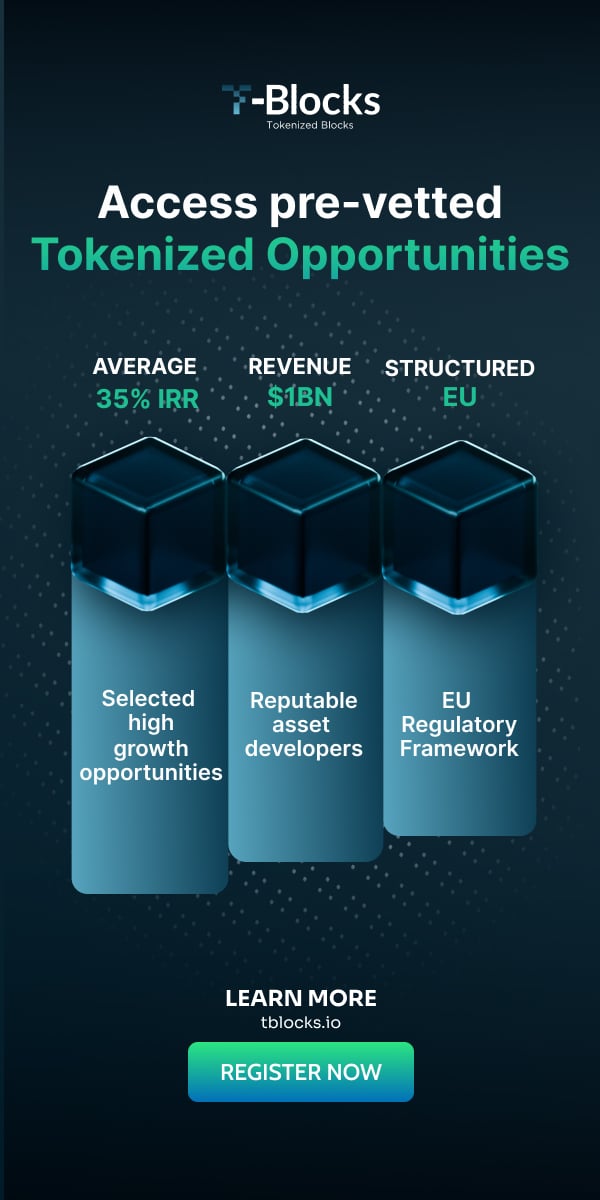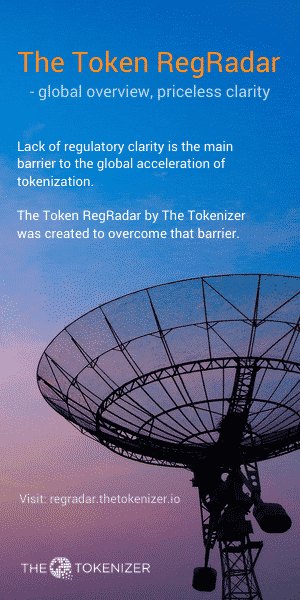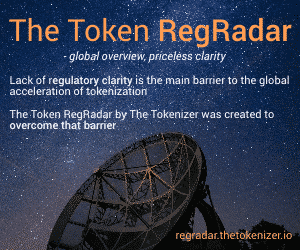ChromaWay and the Inter-American Development Bank Collaborate to Improve Property Registration using the Chromia Blockchain
According to a recent report published by the IADB, the LAC PropertyChain pilot shows that “complex property transactions can be sufficiently modeled, coded, and processed on a distributed blockchain network.”. The report goes on to explain how the technology can alleviate problems that currently plague real estate transactions in Latin America.
The Inter-American Development Bank (IADB) and ChromaWay, a provider of enterprise-grade blockchain solutions, have collaborated on a pilot program that demonstrates the ability of Chromia blockchain technology to improve property registration processes in Latin America.
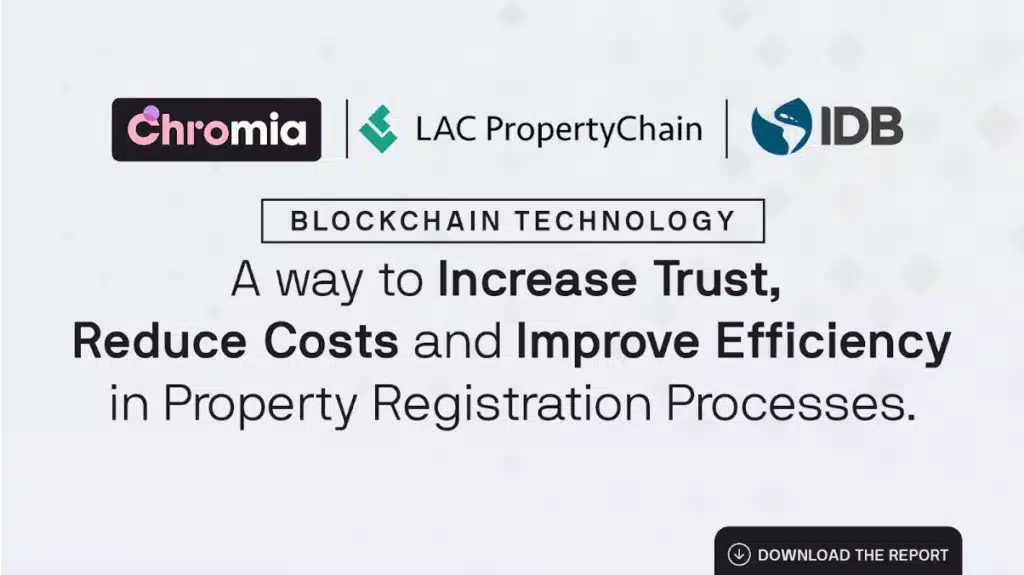

The program, called LAC PropertyChain, ran on a permissioned version of Chromia and aimed to increase the transparency of records, streamline the property registration process, generate greater trust among stakeholders, and reduce accessibility barriers. The prototype was based on Peruvian law and focused on two processes particularly relevant to local stakeholders: mortgage discharge and property subdivision. The development team modeled the workflow and tasks associated with these transactions and developed a hybrid smart contract to programmatically enforce the process among ecosystem partners such as buyers, sellers, attorneys, surveyors, banks, notaries, and land registration authorities.
Commenting on the recent project collaboration, ChromaWay’s VP of Business and Partnership Development Todd Miller said: “Not only did the pilot demonstrate that blockchains can play a central role in property registration infrastructure, it also demonstrated that Chromia’s features make it better suited to the task than other smart contract platforms.”
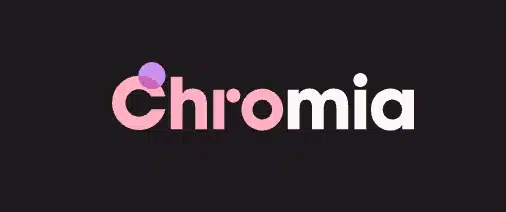
Chromia performed well due to its ability to handle large datasets using relational blockchain technology. Unlike other smart contract platforms, Chromia has native relational database support, allowing for efficient storage, search, and editing of records. Additionally, the ability of Chromia to interoperate seamlessly with external enterprise business applications allowed participants to interact with LAC PropertyChain without prior knowledge of blockchain technology.
The pilot project is currently being reviewed by the IADB for the next steps. It is also being used as a model for other projects under consideration in Latin America, Africa, and Asia. If you are interested in learning more, please contact ChromaWay or visit the LAC PropertyChain website. You may also view the full Inter-American Development Bank report in Spanish and in English.
About ChromaWay
ChromaWay, established in 2014, is the creator of the relational blockchain Chromia – a new architecture that combines the power and flexibility of a relational database with the decentralized security of a blockchain. ChromaWay has developed applications for clients across the globe in several sectors, including banking, supply chain, real estate, and green finance.
About Chromia
Chromia combines databases with blockchain to deliver a general purpose “relational blockchain” platform capable of supporting nearly every kind of decentralized application. Relational database support makes Chromia particularly well suited to applications requiring high I/O capacity and the management of complex data sets while offering the security and transparency of a public blockchain.
Media Contact: Fati Hakim
Email: [email protected]
Photo by Külli Kittus on Unsplash
Read other stories: Archax launches regulated digital asset custodian
You Might also Like











